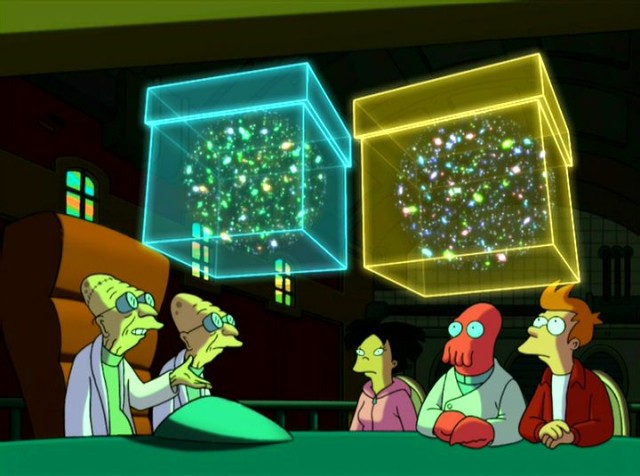The Church as Museum

Google Image In the book, “Young Adult Catholics, Religion in the Culture of Choice,” the authors include a wealth of data on attitudes and beliefs of a range of young people, from believers to former believers to people who profess no religious faith. Even in 2002 when that book was published, there was plenty of evidence that religion was losing its hold on young people. The trends supported by those data continue, according to a 2018 report by the Pew Research Center. “A growing share of Americans are religiously unaffiliated,” it says. “We recently asked a representative sample of more than 1,300 of these “nones” (people who respond “none” on the question of religious affiliation) why they choose not to identify with a religion.” The most common reason is that “they question a lot of religious teachings.” I suspect they’re not talking about doctrines like the Trinity or Jesus’ dual nature. They are more ignored or misunderstood than doubted. No, I suspect they'...



